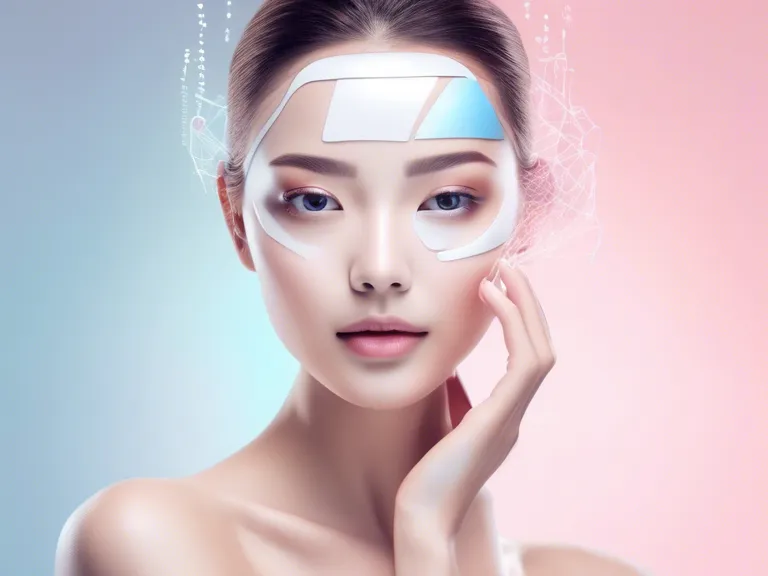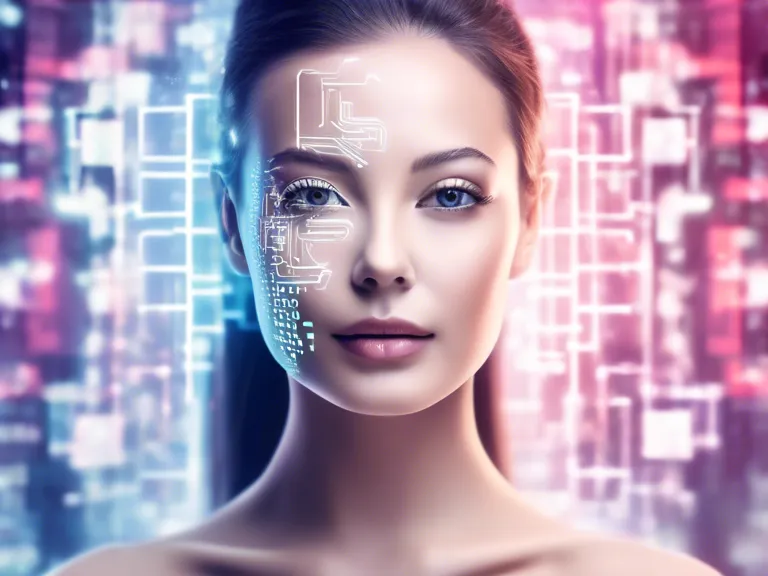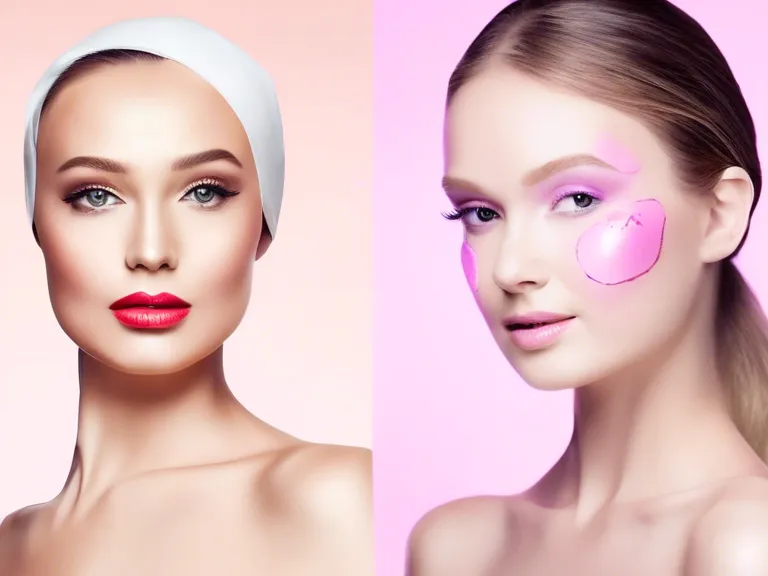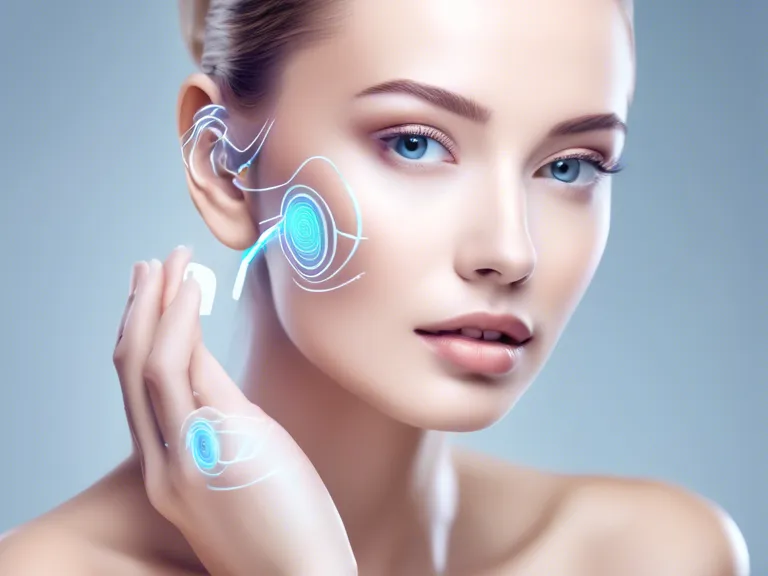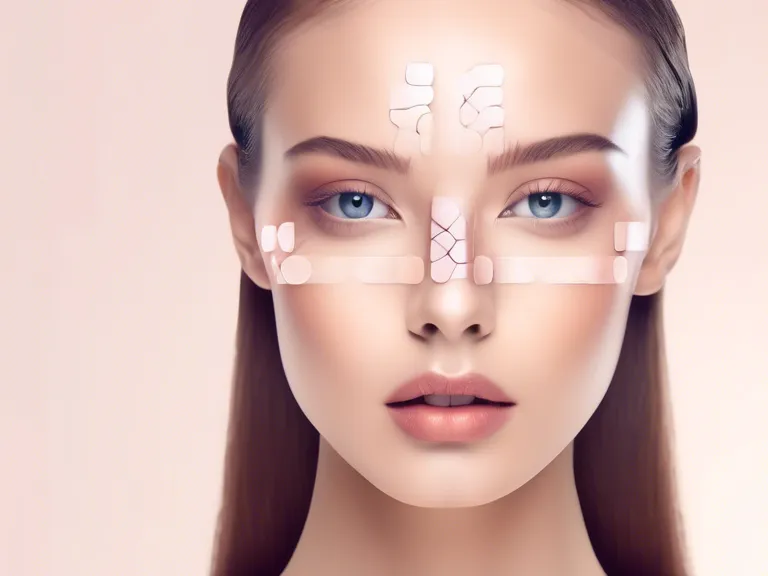
In today's digital age, the rise of social media platforms and the widespread use of filters has undoubtedly influenced our perceptions of beauty standards. With the help of artificial intelligence (AI), individuals can easily alter their appearance in photos, creating a version of themselves that adheres to societal ideals of beauty. But what impact does this reliance on filters have on our self-esteem and perception of beauty? Let's dive into how AI and filters are shaping beauty standards and what this means for the future.
One of the most notable effects of AI and filters on beauty standards is the normalization of unrealistic beauty ideals. Filters can smooth out skin, enhance features, and even change facial structures with just a few taps on a screen. This can lead individuals to develop unrealistic expectations for their own appearance, as they compare themselves to heavily edited and perfected images online. As a result, this can have detrimental effects on self-esteem and body image, as individuals strive to attain an unattainable standard of beauty.
Furthermore, the prevalence of filters on social media can perpetuate a lack of diversity in beauty standards. Many filters are designed with Eurocentric features in mind, such as light skin tones and slim noses, which can exclude individuals with different ethnicities and features. This can reinforce harmful stereotypes and further marginalize already underrepresented groups in the beauty industry.
In conclusion, the use of AI and filters in shaping beauty standards highlights the need for a more inclusive and realistic representation of beauty. While filters can be a fun and creative tool for self-expression, it's important to remember that they often present an idealized version of beauty that is not reflective of reality. By fostering a culture of acceptance and celebrating diversity, we can begin to challenge these narrow beauty ideals and embrace the unique qualities that make each individual beautiful.
